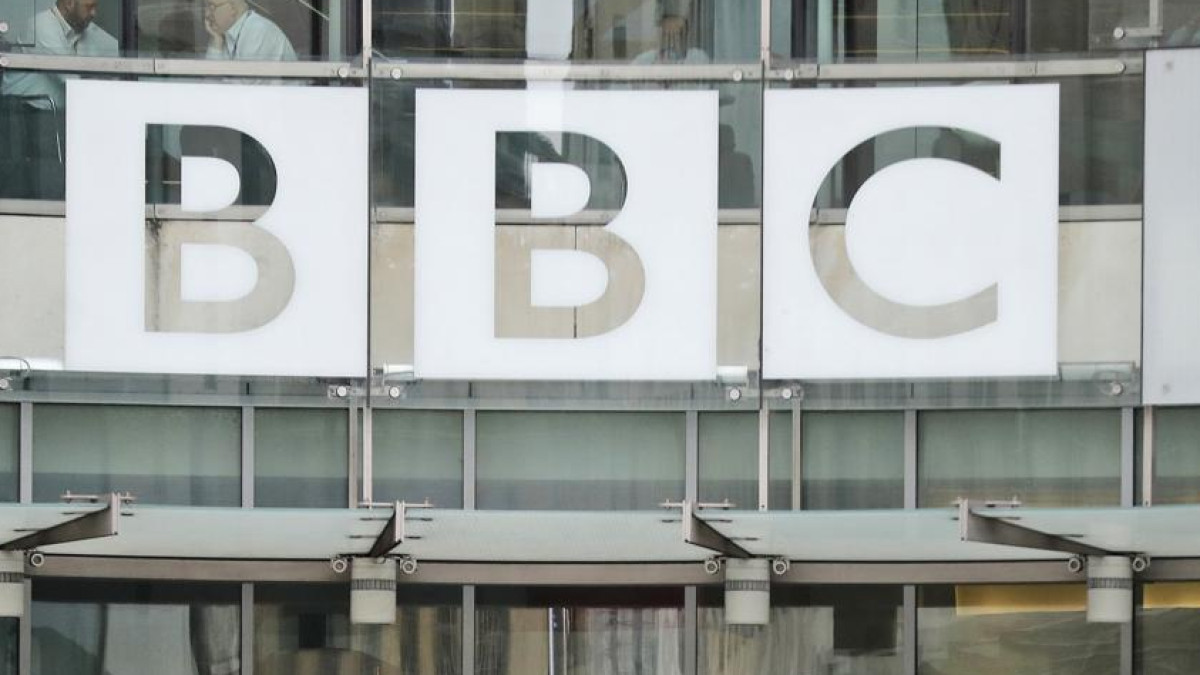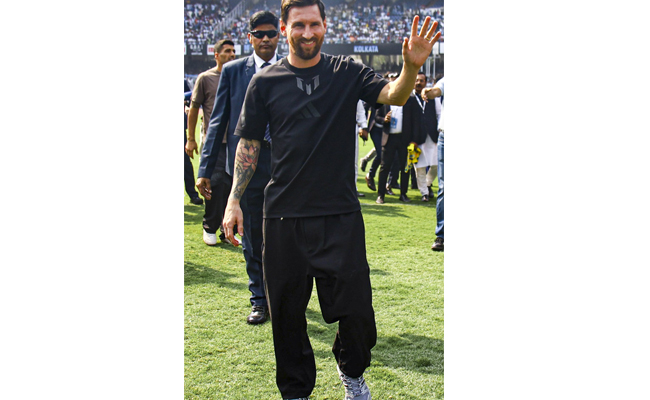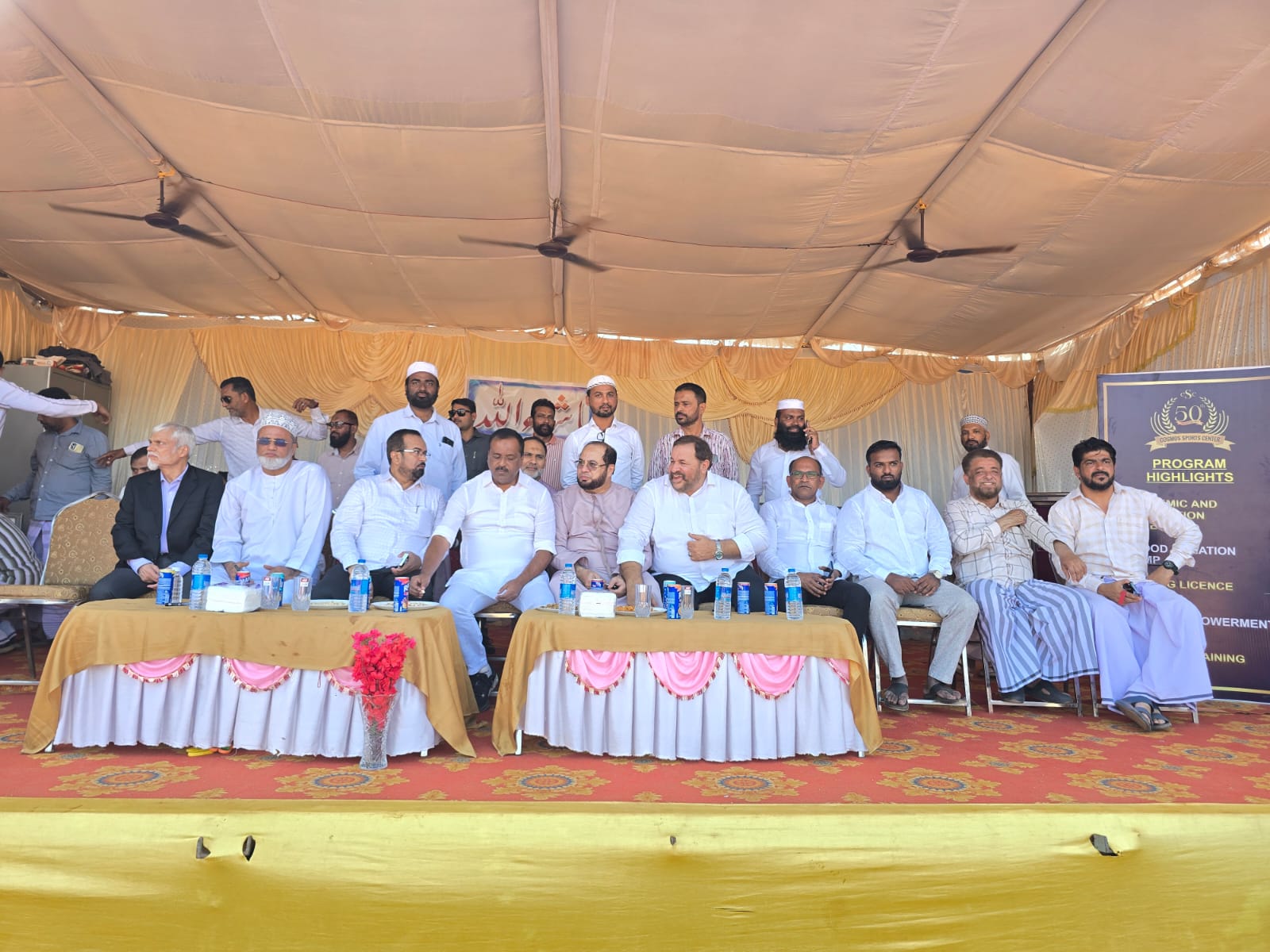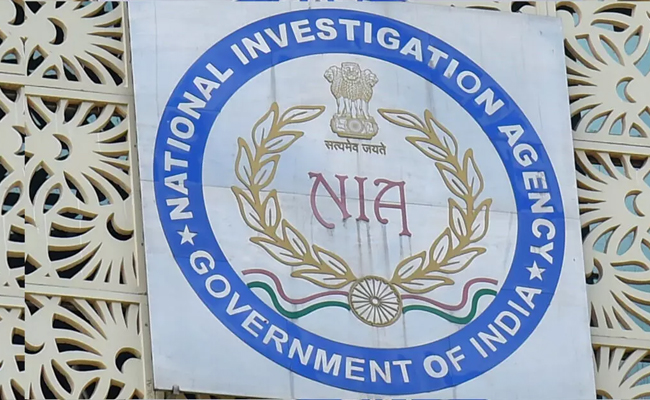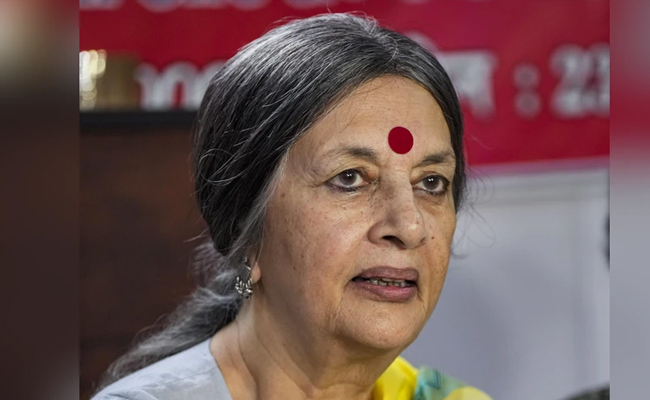London, Feb 2: The UK government has defended the BBC as a media outlet "independent in its output" in the wake of widespread Indian diaspora protests against the controversial documentary on Prime Minister Narendra Modi.
Addressing reporters at Downing Street on Wednesday, British Prime Minister Rishi Sunak's spokesperson echoed a statement issued by Foreign Secretary James Cleverly in Parliament earlier this week to add that the government continues to invest in its relationship with India.
"The BBC is independent in its output and we would stress that we continue to regard India as an incredibly important international partner," the spokesperson said in response to a question about India's condemnation of the documentary India: The Modi Question' questioning the then chief minister's role in the 2002 Godhra riots.
"We will be investing heavily in our relationship with India over the coming decades and we're confident it will only go from strength to strength," the spokesperson said.
It followed a similar response by Cleverly in the House of Commons on Tuesday, when he responded to a question from a Conservative Party colleague on the assurances the UK government had given to India in the wake of coordinated diaspora protests against the BBC over the weekend.
"I recently had the opportunity to speak to the Indian High Commissioner, Vikram Doraiswami, on this and a number of other issues," the foreign minister told MPs.
"We recognise how this portrayal of the Indian government has played out in India. I made it clear that the BBC is independent in its output, that the UK regards India as an incredibly important international partner and that we will be investing heavily in that relationship in the coming decades," he said.
The minister was responding to a question by Tory MP Bob Blackman, chair of the All Party Parliamentary Group (APPG) for British Hindus, who termed the documentary as "anti-India propaganda" and asked about the steps taken to "reassure our Commonwealth partner that this propaganda is not the policy of this government".
Cleverly met Doraiswami during the India Global Forum's UK-India Parliamentary Lunch last week and addressed the gathering of parliamentarians and business leaders on strengthening bilateral ties across all spheres.
"On trade, we are well into the negotiations of what has all the hallmarks of being a genuine global standard bilateral trade relationship, because we have this wonderful bilateral relationship which I like to think of as unique," he said at the time.
Let the Truth be known. If you read VB and like VB, please be a VB Supporter and Help us deliver the Truth to one and all.
Mumbai (PTI): In view of Argentine superstar footballer Lionel Messi's visit to Mumbai on Sunday, the city police are implementing stringent security measures, like not allowing water bottles, metals, coins inside the stadiums and setting up watchtowers to keep an eye on the crowd, officials said.
The police also said taking extra care to avoid any stampede-like situation and to prevent recurrence of the chaotic situation that unfolded in Kolkata during Messi's visit on Saturday as thousands of fans protested inside the Salt Lake stadium here after failing to catch a clear glimpse of the football icon despite paying hefty sums for tickets.
Messi is expected to be present at the Cricket Club of India (Brabourne Stadium) in Mumbai on Sunday for a Padel GOAT Cup event followed by attending a celebrity football match. He is expected to proceed to the Wankhede Stadium for the GOAT India Tour main event around 5 pm.
"In view of Lionel Messi's visit to Mumbai, the police are geared up and have put in place a high level of security arrangements in and around the stadiums located in south Mumbai. Considering the chaos that prevailed in Kolkata and the security breach, we have deployed World Cup-level security arrangements at Brabourne and Wankhede stadiums," an official said.
Expecting heavy crowd near the stadiums during Messi's visit, the city police force has deployed more than 2,000 of its personnel near and around both the venues, he said.
As the Mumbai police have the experience of security 'bandobast' during the victory parade of ICC World Cup-winning Indian team and World Cup final match at the Wankhede Stadium, in which over one lakh cricket fans had gathered, we are prepared to handle a large crowd of fans, he said.
"We are trying to avoid the errors that occurred in the past," the official said.
There is no place to sneak inside the stadiums in Mumbai like the Kolkata stadium, according to him.
The police are also asking the organisers to provide all the required facilities to the fans inside the stadium, so that there will be no chaos, he said, adding the spectators have purchased tickets in the range of Rs 5,000 to 25,000. After paying so much of amount, any spectator expects proper services, while enjoying the event, he said.
The police are expecting 33,000 spectators at the Wankhede Stadium and over 4,000 at Brabourne Stadium. Besides this, more than 30,000 people are expected outside and around the stadiums just to have a glimpse of the football sensation, he said.
The organisers responsible for Messi's India visit recently came to Mumbai to discuss security arrangements. During the meeting, the Mumbai police asked them not to take the event lightly, according to the official.
After those requirements were fulfilled, the final security deployment was chalked out, he said.
Police has the standard procedure of the security arrangements inside the Wankhede Stadium, where people are barred from taking water bottles, metals objects, coins. Police are setting up watch towers near the stadiums and there will be traffic diversions, so that there is maximum space available to stand, according to the official.
Police are also appealing to the spectators to use public transport service for commuting and avoid personal vehicles to reach south Mumbai.
To avoid any stampede-like situation, police are also taking precautionary measures and will stop the fans some distance ahead of the stadium and public announcement systems will be used to guide the crowd. Barricades will be placed at various places to manage the crowd.
In case the crowd swells up beyond expectation, the police will divert people to other grounds and preparations in this regard underway, he said.
Additional police force has been deployed in south Mumbai to tackle any kind of situation, he said.

